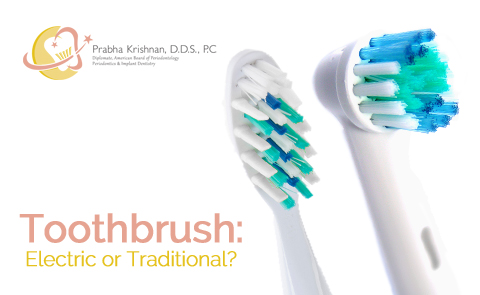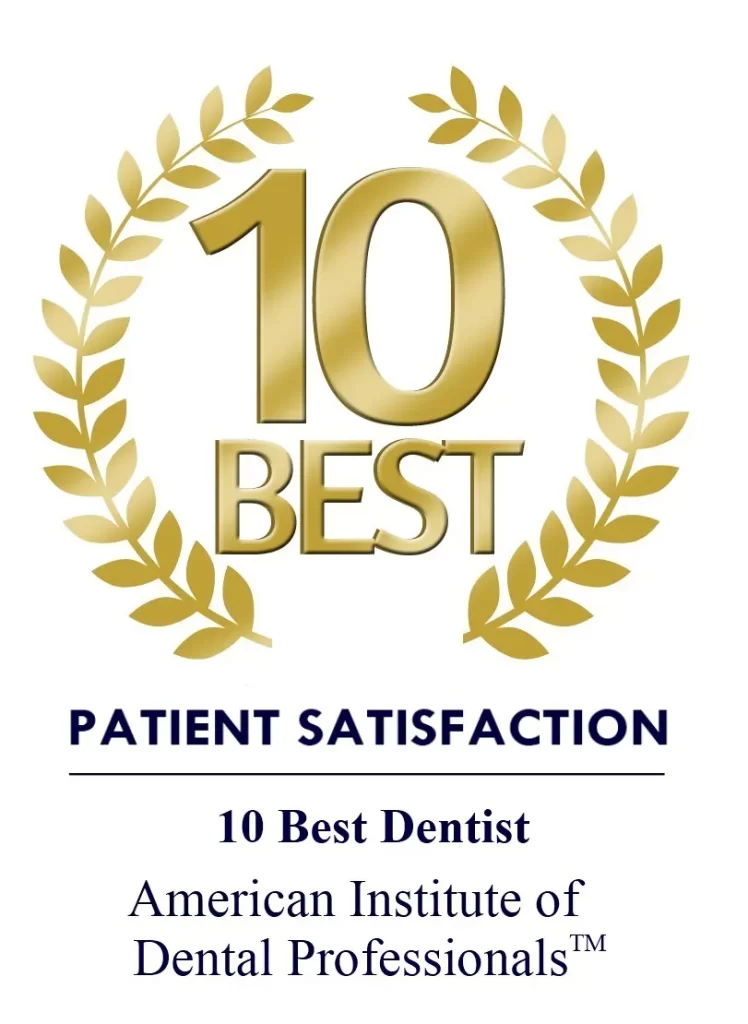
Brush like you mean it
The most biggest benefit of an electric toothbrush is the spin power. Essentially, you are getting more brush out of your stroke. The powered spinning motion of most electric toothbrushes multiply in tandem with the traditional brushing motion of a manual toothbrush. This way you are cleaning your teeth and gums multiple ways all in the same amount of time.
Investing versus Purchasing
We like to think that you invest in the well-being of your oral health instead of viewing it as an inconvenient expense. The state of your oral health will predict the future state of your overall health. We believe it is worth investing in. That said, a powered toothbrush can be expensive at first, the savings down the road can far outweigh the initial upfront cost. With less cavities, far less chance of gum complications, and less tartar build up, the only costs you will need to worry about will be regular cleanings and exams.
Avoiding Invasive Abrasion
Electric powered toothbrushes are arguably softer on the enamel of your teeth because you do not feel the need to press down as hard as you do with a regular manual toothbrush. Enamel protects your teeth from the wear and tear of daily use. Unfortunately, once your enamel is gone, it’s gone for good. The best plan of action is the prevent this from happening. A less abrasive electric toothbrush can play a part in this effort.
To learn more or to schedule a free consultation, contact our Forest Hills, NY office. We are here to answer any questions you have concerning your oral health.

